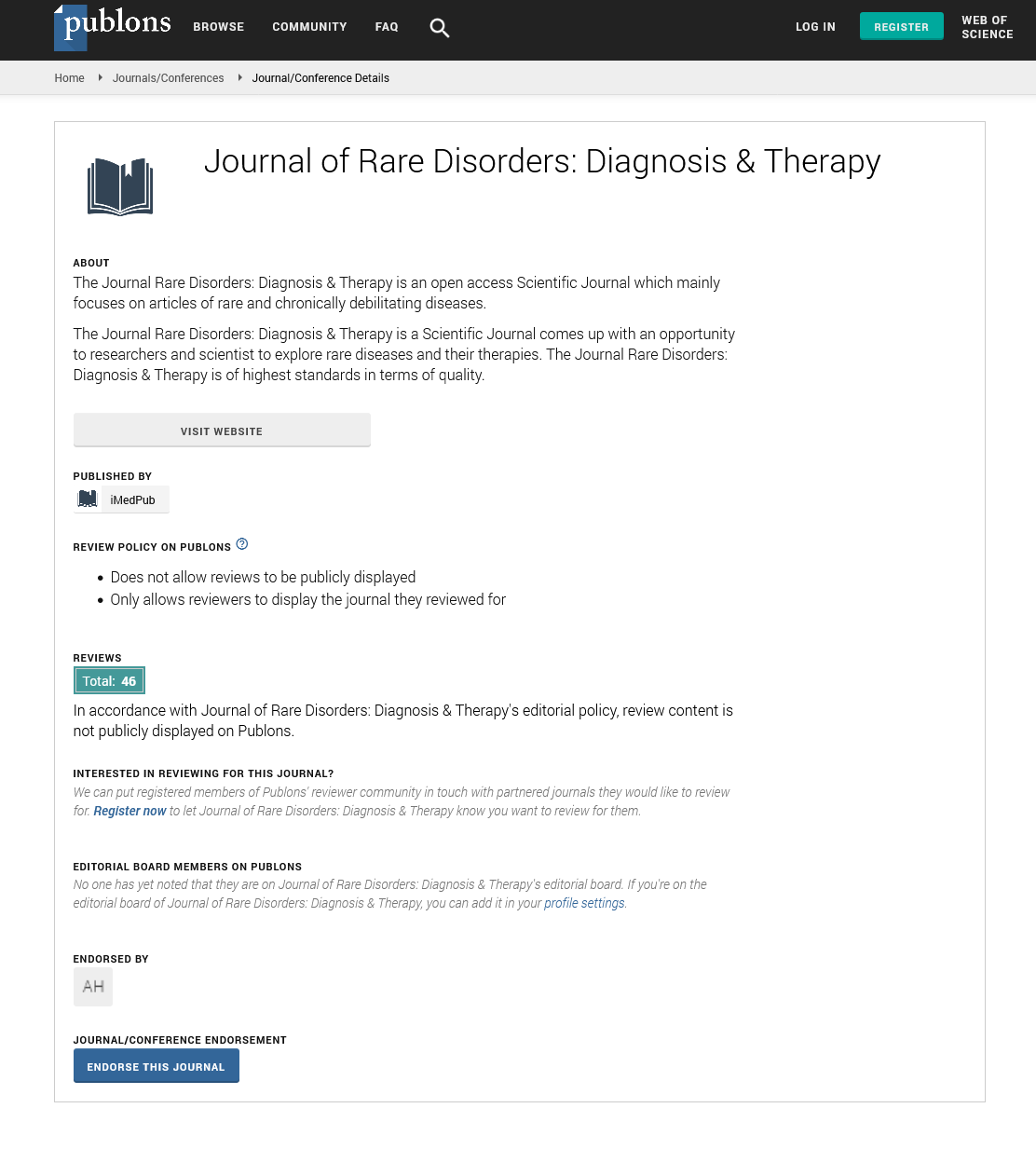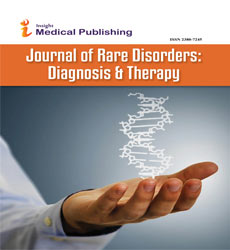Abstract
Qualitative Investigation of Fatigue and Its Daily Impacts as Perceived by Individuals with Barth Syndrome
Context: Barth Syndrome is an x-linked, recessive, genetic condition affecting the mitochondria’s ability to function correctly within cells causing fatigue. Exactly what it means to be “Barth Tired”, however, remains elusive, as does the impact of fatigue on those with BTHS.
Objective: Our objective was to understand how individuals with BTHS perceive and experience fatigue to better understand its impact on daily life functioning.
Design: We used a qualitative study design with a phenomenological approach. Virtual interviews were conducted via zoom. Audio recordings of each interview were transcribed and imported into Atlas.ti for analysis and coding. The research team used an inductive process to code the transcripts which informed the development of the themes.
Subjects: Twenty participants, ages 5 years to adult were recruited via the Barth Syndrome Foundation (BSF).
Setting: Virtual
Results: Data coding and analysis revealed four primary themes related to the impact of fatigue on individuals with BTHS:
• BTHS fatigue has significant social implications.
• BTHS fatigue manifests itself through cognitive and physical signs and symptoms.
• BTHS fatigue is correlated with an inability to engage in activity leading to limited independence.
• BTHS fatigue requires fatigue management and accommodations.
Conclusion: Findings suggest that fatigue in BTHS may need to be considered not only in terms of muscular endurance, but in a more robust fashion to capture the impact of fatigue on cognitive functioning, social participation, selfcare independence, and quality of life. These findings may be used to guide selection of techniques, accommodations, and task-modifications for optimal participation.
Author(s): Isabelle Babson, Emma Daw and Stacey Reynolds*
Abstract | Full-Text | PDF
Share this

Google scholar citation report
Citations : 241
Journal of Rare Disorders: Diagnosis & Therapy received 241 citations as per google scholar report
Journal of Rare Disorders: Diagnosis & Therapy peer review process verified at publons
Abstracted/Indexed in
- Google Scholar
- China National Knowledge Infrastructure (CNKI)
- Directory of Research Journal Indexing (DRJI)
- Publons
- International Committee of Medical Journal Editors (ICMJE)
- Secret Search Engine Labs
- Euro Pub
Open Access Journals
- Aquaculture & Veterinary Science
- Chemistry & Chemical Sciences
- Clinical Sciences
- Engineering
- General Science
- Genetics & Molecular Biology
- Health Care & Nursing
- Immunology & Microbiology
- Materials Science
- Mathematics & Physics
- Medical Sciences
- Neurology & Psychiatry
- Oncology & Cancer Science
- Pharmaceutical Sciences


